I am attempting to reference existing columns in dplyr through a loop. Effectively, I would like to evaluate the operations from one table (evaluation in below example) to be performed to another table (dt in below example). I do not want to hardcode the column names on the RHS within mutate(). I would like to control the evaluations being performed from the evaluation table below. So I am trying to make the process dynamic.
Here is a sample dataframe:
dt = data.frame(
A = c(1:20),
B = c(11:30),
C = c(21:40),
AA = rep(1, 20),
BB = rep(2, 20)
)
Here is a table of sample operations to be performed:
evaluation = data.frame(
New_Var = c("AA", "BB"),
Operation = c("(A*2) > B", "(B*2) <= C"),
Result = c("True", "False")
) %>% mutate_all(as.character)
What I am trying to do is the following:
for (i in 1:nrow(evaluation)) {
var = evaluation$New_Var[i]
dt = dt %>%
rowwise() %>%
mutate(!!var := ifelse(eval(parse(text = evaluation$Operation[i])),
evaluation$Result[i],
!!var))
}
my desired result would be something like this except for the "AA" in the AA column would be the original numeric values of the AA column of 1, 1, 1, 1, 1.
UPDATED:
I believe my syntax in the "False" part of the ifelse statement is incorrect. What is the correct syntax to specify "!!var" in the false portion of the ifelse statement?

I know there are other ways to do it using base R, but I would rather do it through dplyr as it is cleaner code to look at. I am leveraging "rowise()" to do it element by element.